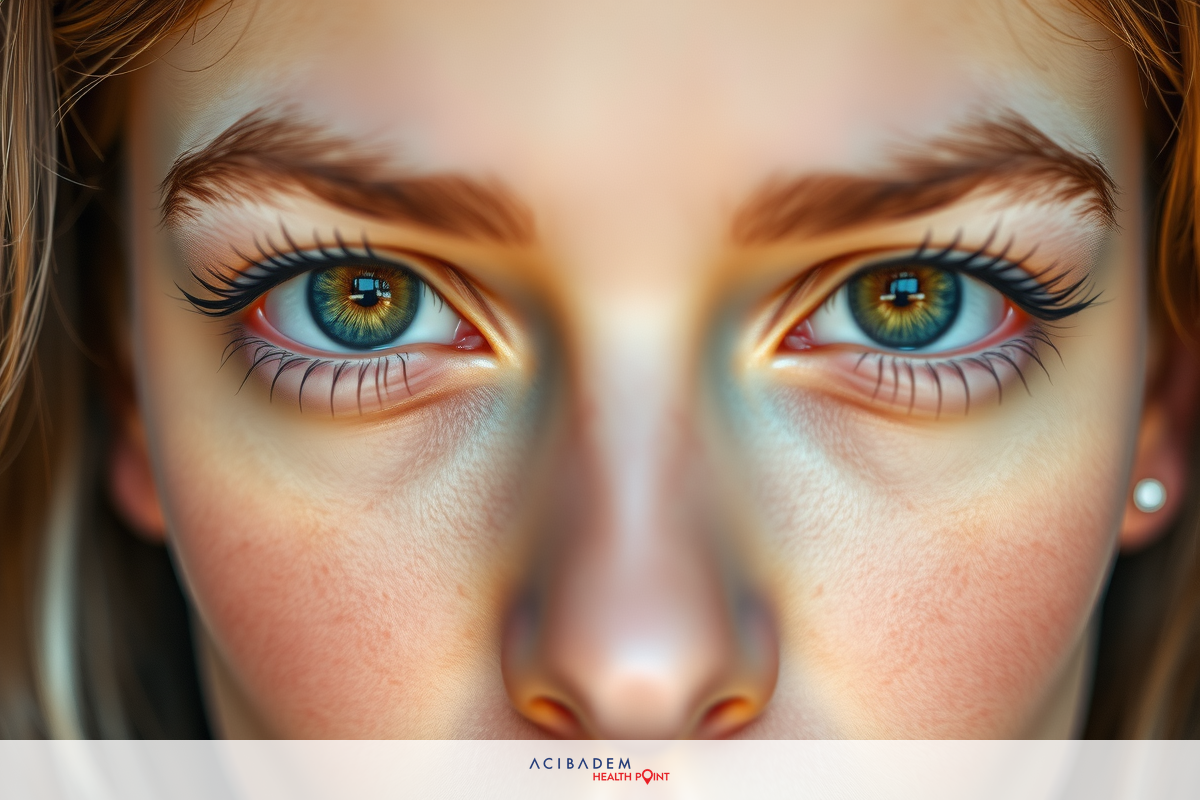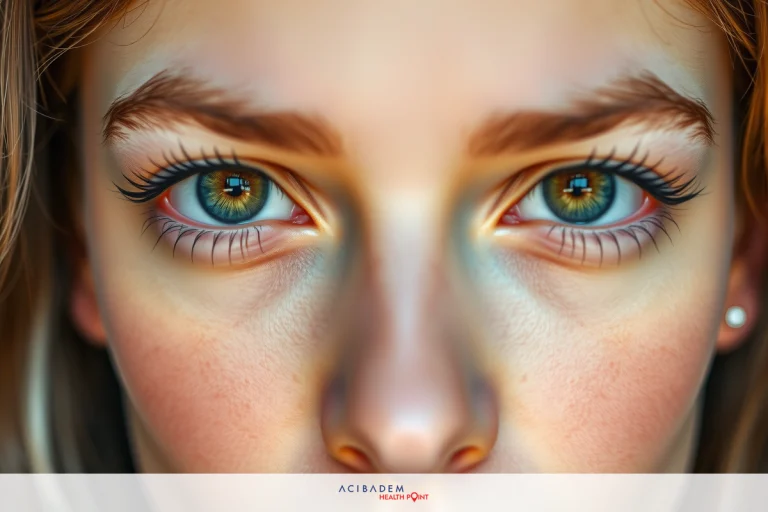What is a Good Age to Get a Nose Job?
What is a Good Age to Get a Nose Job? Determining the ideal age for a nose job, or rhinoplasty, is an essential consideration for those interested in this type of plastic surgery. It is crucial to understand that both physical and emotional maturity play significant roles in this decision. Furthermore, different factors such as facial growth, personal readiness, and individual health conditions can also influence the optimal timing for this procedure.
Age is not just a number when it comes to rhinoplasty. Experts recommend waiting until the nasal structures are fully developed before undergoing surgery. This typically happens by the late teens for girls and a bit later for boys. Besides physiological readiness, psychological preparedness is another key factor. The individual should be mature enough to understand the implications and potential outcomes of the surgery.
Optimal Age for Nose Job
When considering the optimal age for a nose job, many factors come into play. The most crucial of these is facial growth. In most cases, facial growth is complete by the age of 16 to 17 in females and 17 to 18 in males. Therefore, this age range is often considered the ideal time for a nose job. However, individual circumstances can vary, and it’s essential to consult with a qualified plastic surgeon to understand your unique situation.
The term ‘ideal age’ refers to the time when an individual is physically ready for the surgery and can handle the emotional aspects. It’s not only about being old enough for the procedure but also about being prepared mentally and emotionally. Rhinoplasty is a significant procedure that can drastically alter appearance, so understanding the implications and potential outcomes of the surgery is critical.
Moreover, the ideal age for a nose job may be influenced by personal factors such as health conditions or lifestyle habits. For instance, someone with a history of sinus problems or allergies might need to wait until these issues are under control before considering rhinoplasty. Similarly, lifestyle habits such as smoking can affect healing after surgery and might necessitate delays or additional preparations. Therefore, while there are general guidelines around the optimal age for a nose job, individual circumstances can shift these recommendations.

Appropriate Age for Nose Job
In terms of the appropriate age for a nose job, it’s not just the physical readiness that matters, but also emotional maturity. This surgery can have a significant psychological impact due to the change in appearance, so it’s crucial one is emotionally ready to handle this change. Emotional maturity is typically achieved in late adolescence or early adulthood, making this period suitable for considering a nose job. However, the timing may vary depending on personal psychological growth and the support system available.
While discussing the suitable age for a nose job, it’s essential to note that rhinoplasty isn’t a one-size-fits-all
procedure. Different types of nose jobs are recommended at different ages. For example, cosmetic rhinoplasty, which primarily focuses on enhancing the appearance, is best suited for those in their late teens and above when facial growth is complete. On the other hand, functional rhinoplasty, aimed at improving breathing or correcting congenital anomalies, can be performed at younger ages if necessary.
Another factor that contributes to determining the suitable age for a nose job is the patient’s overall health status. A healthy individual can recover faster from the surgery and handle potential complications better than someone with underlying health issues. So even if someone reaches an appropriate age according to facial growth and emotional development, they should be in good health before opting for rhinoplasty. It’s always recommended to have a thorough discussion with your plastic surgeon about your overall health condition before deciding on any form of plastic surgery.
Recommended Age for Nose Job
When discussing the recommended age for a nose job, it’s essential to understand that this recommendation comes from a medical standpoint. Rhinoplasty is a surgical procedure that involves altering the structure of the nose, and therefore, it’s crucial that the patient’s facial growth is complete. This is typically around the age of 16 for girls and slightly later for boys, usually around 17 or 18. It’s at this point that surgeons often recommend considering rhinoplasty if desired, as any earlier could disrupt the natural growth process.
However, the recommended age doesn’t just take into account physical readiness; emotional maturity is also an important consideration. Rhinoplasty can significantly alter one’s appearance and self-perception, so it’s vital that patients are emotionally mature enough to handle these changes. This level of maturity is typically reached in late adolescence or early adulthood, but it can vary from person to person. A good plastic surgeon will evaluate not only a patient’s physical suitability for surgery but also their psychological readiness.
It’s worth noting that the recommended age for a nose job can be different in some cases. For example, if a child has a severe congenital defect or has experienced a traumatic injury to the nose, rhinoplasty may be recommended at an earlier age. In such cases, surgeons will take extra care to preserve and accommodate ongoing facial growth while addressing the immediate issue. As always, these decisions should be made in close consultation with a qualified plastic surgeon who can provide guidance based on individual circumstances.
Frequently Asked Questions
What is the minimum age requirement for a nose job?
The minimum age requirement for a nose job, or rhinoplasty, varies depending on the specific circumstances. In general, it is recommended to wait until facial growth is complete, which typically occurs around the age of 16 for girls and slightly later for boys. However, there may be exceptions when rhinoplasty is performed at a younger age due to congenital defects or traumatic injuries. It's important to consult with a qualified plastic surgeon to determine the appropriate age for your specific situation.
How long does it take to recover from a nose job?
The recovery time for a nose job can vary from person to person. Generally, patients can expect some initial swelling and bruising around the nose and eyes, which will gradually subside over the first few weeks. Most individuals are able to return to their normal activities within 1-2 weeks after the surgery. However, it's important to note that complete healing and final results may take several months as the tissues continue to settle and refine. Your plastic surgeon will provide you with specific post-operative care instructions and guidance throughout the recovery process.
Are there any risks or complications associated with rhinoplasty?
As with any surgical procedure, there are potential risks and complications involved in rhinoplasty. These can include infection, bleeding, adverse reactions to anesthesia, scarring, and asymmetry. It's crucial to choose an experienced and board- certified plastic surgeon who can minimize these risks through proper technique and comprehensive pre- operative evaluations. By following your surgeon's instructions and attending all post-operative appointments, you can help reduce the likelihood of complications and ensure optimal results.
Will insurance cover the cost of a nose job?
In most cases, insurance companies consider rhinoplasty to be a cosmetic procedure and do not provide coverage. However, if the surgery is medically necessary to correct breathing difficulties or address a congenital defect, insurance coverage may be possible. It's recommended to contact your insurance company directly to understand their specific criteria for coverage and to consult with your plastic surgeon, who can assist in providing the necessary documentation for insurance claims.
Can I achieve my desired nose shape through non-surgical treatments?
Non-surgical options such as dermal fillers or liquid rhinoplasty can help improve the appearance of certain nasal features temporarily, but they cannot achieve the same level of permanent results as surgical rhinoplasty. These non-surgical treatments can be suitable for individuals looking for minor enhancements or adjustments, but for significant changes to the size or shape of the nose, surgical intervention is usually required. It's best to consult with a qualified plastic surgeon who can evaluate your goals and recommend the most appropriate treatment option for you.











